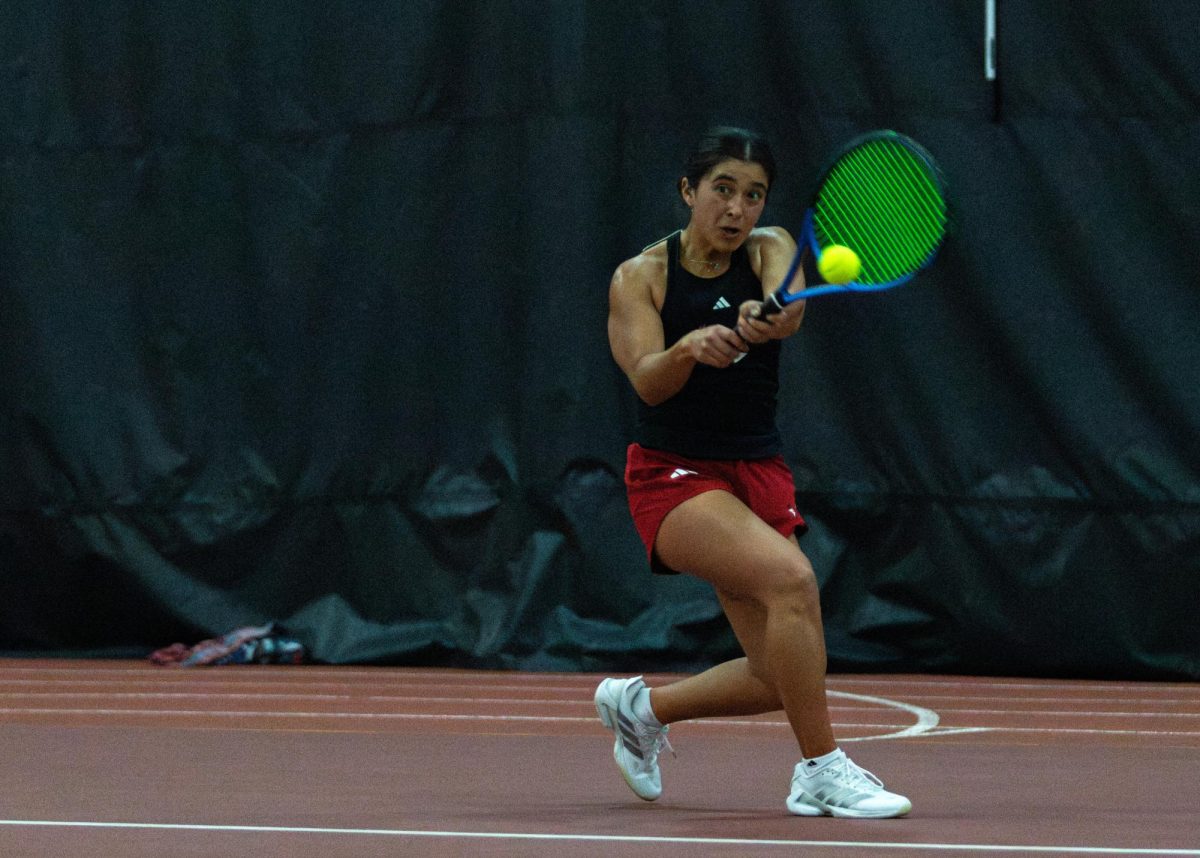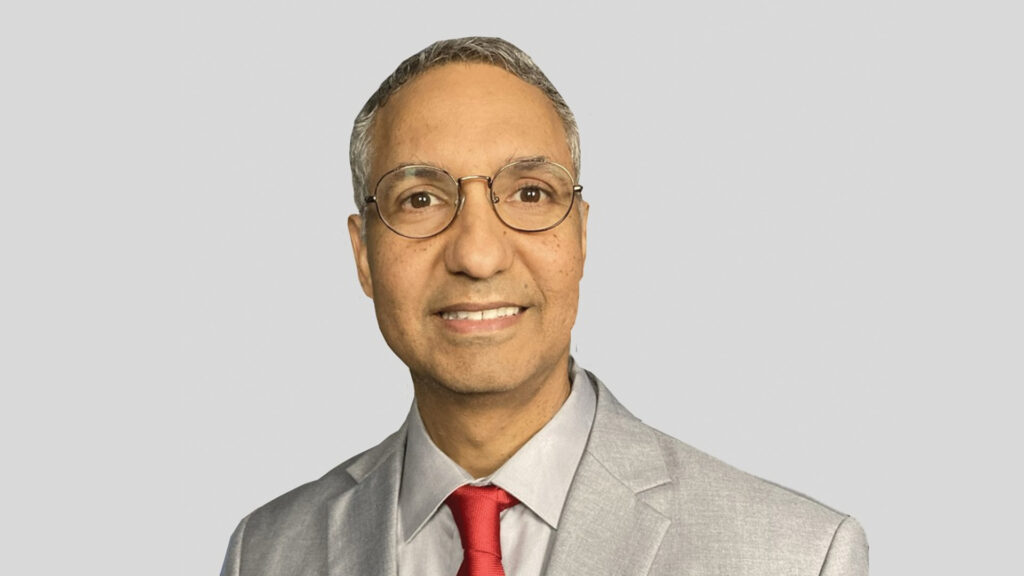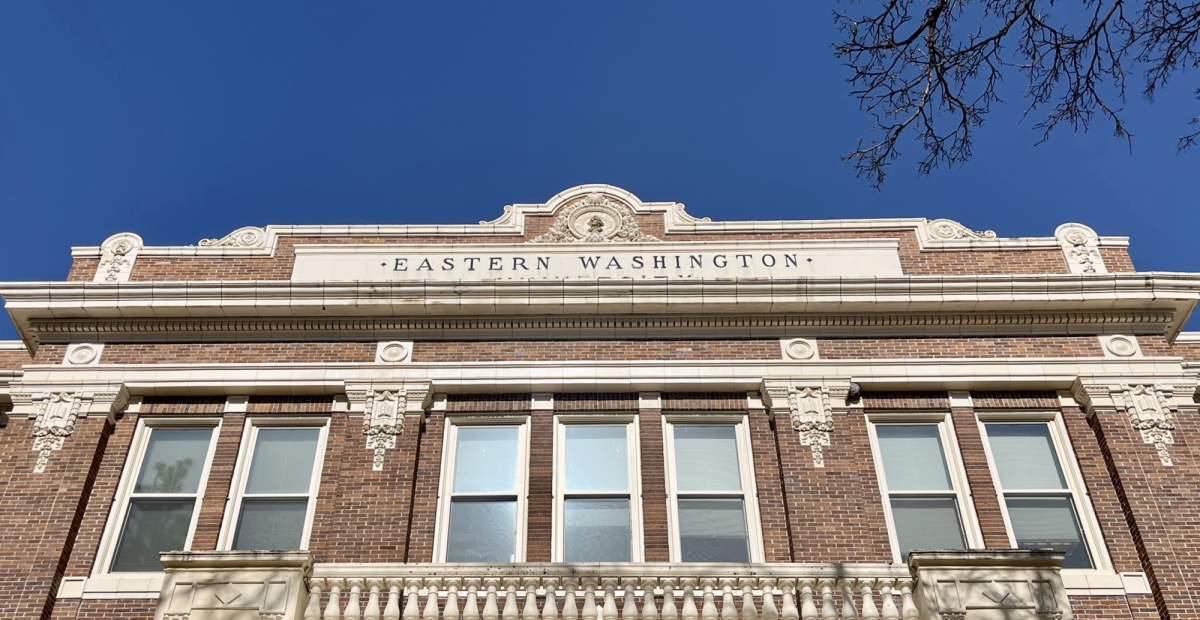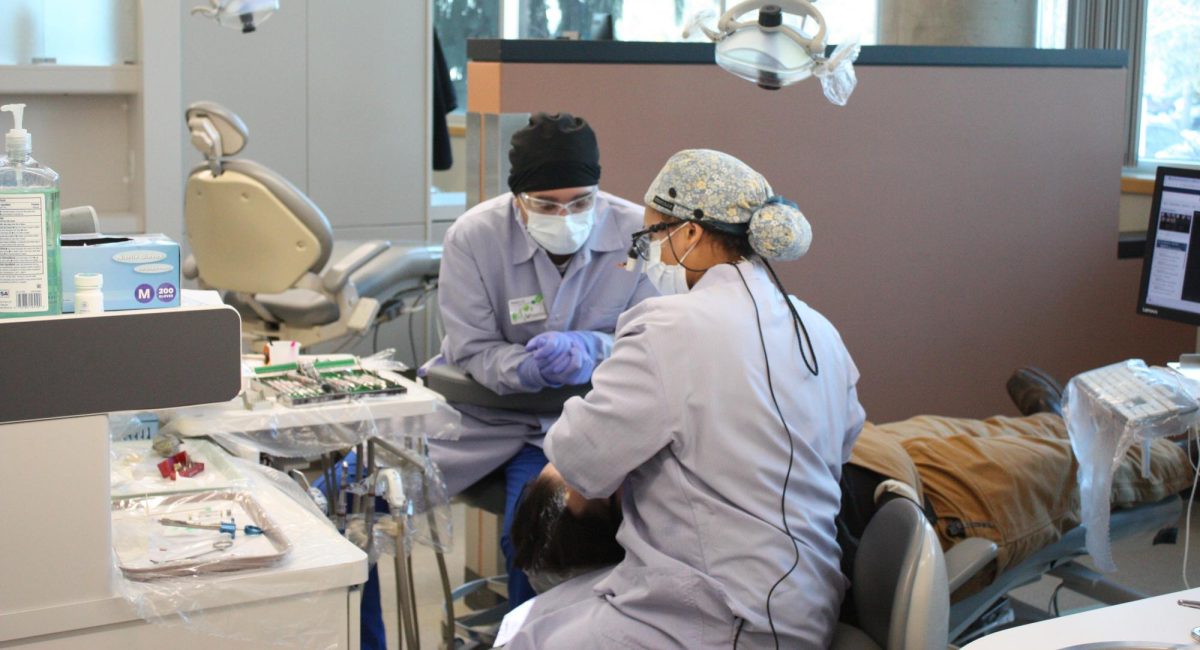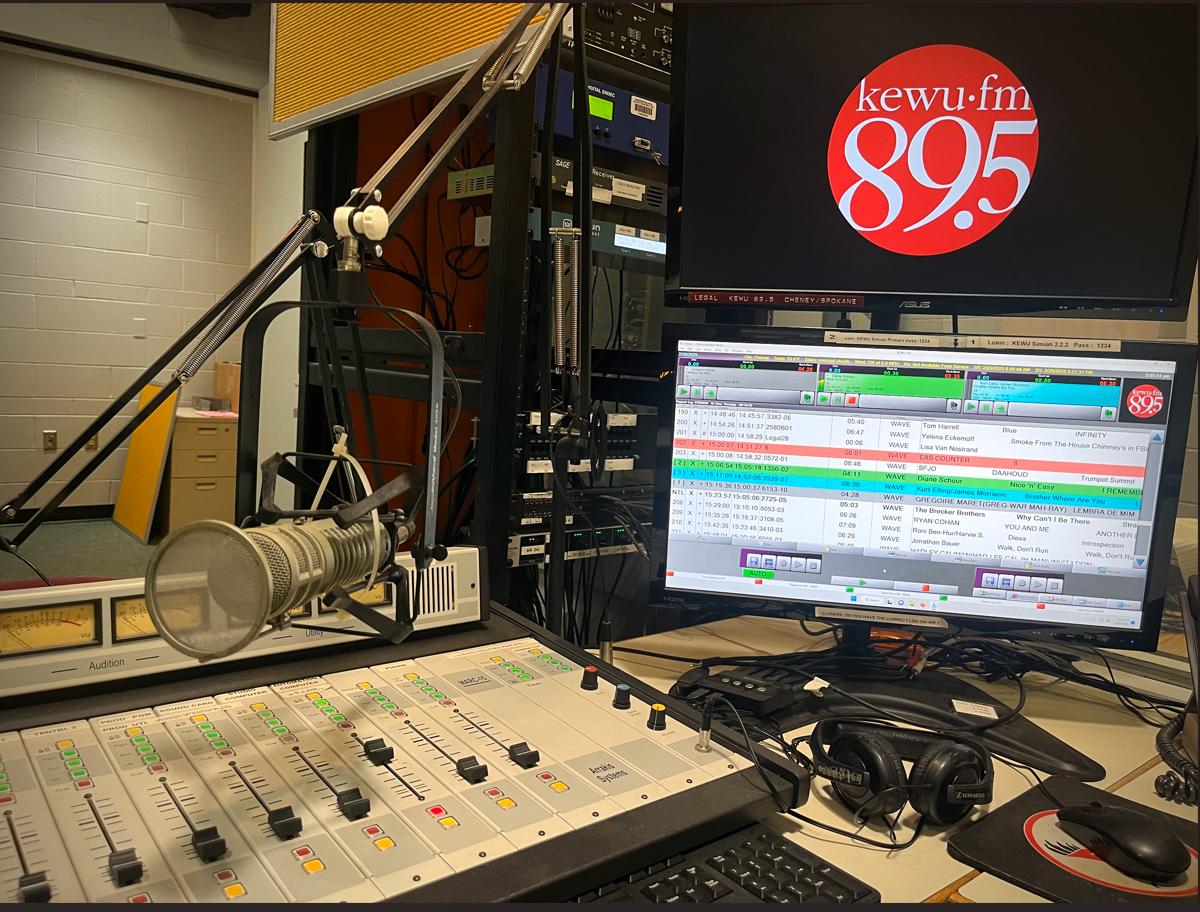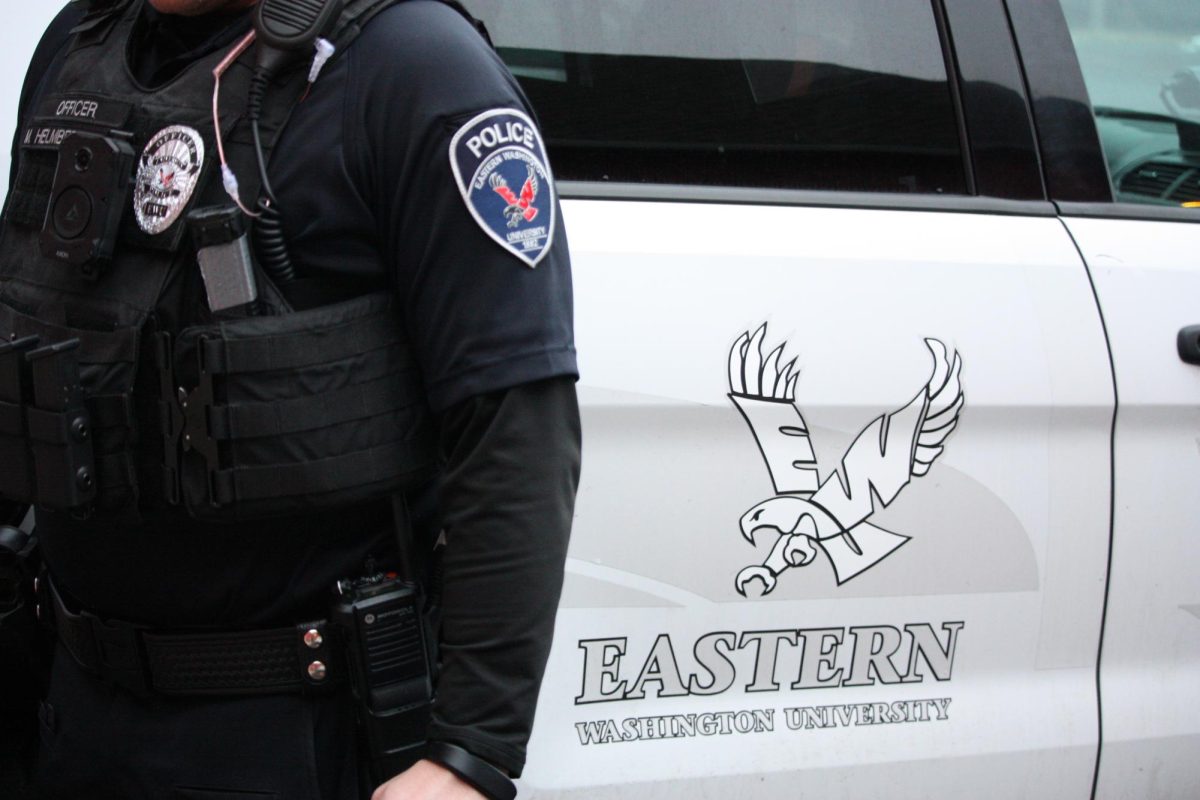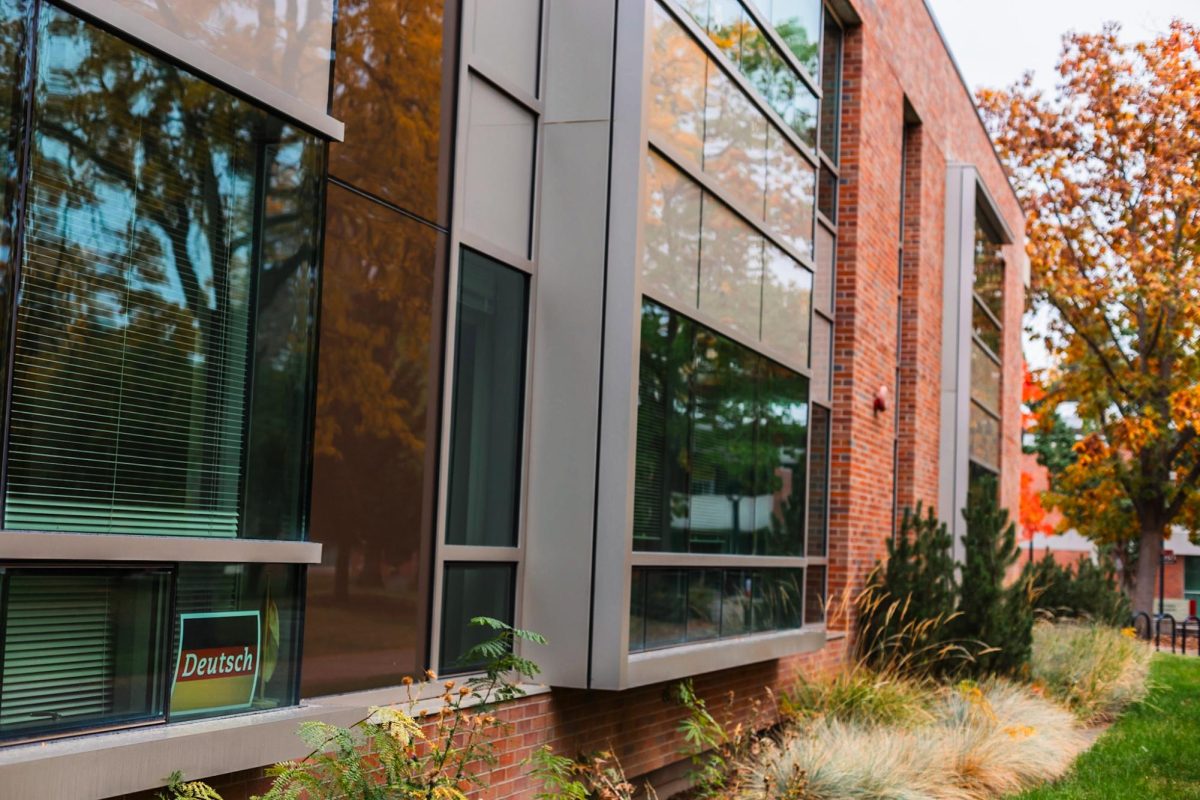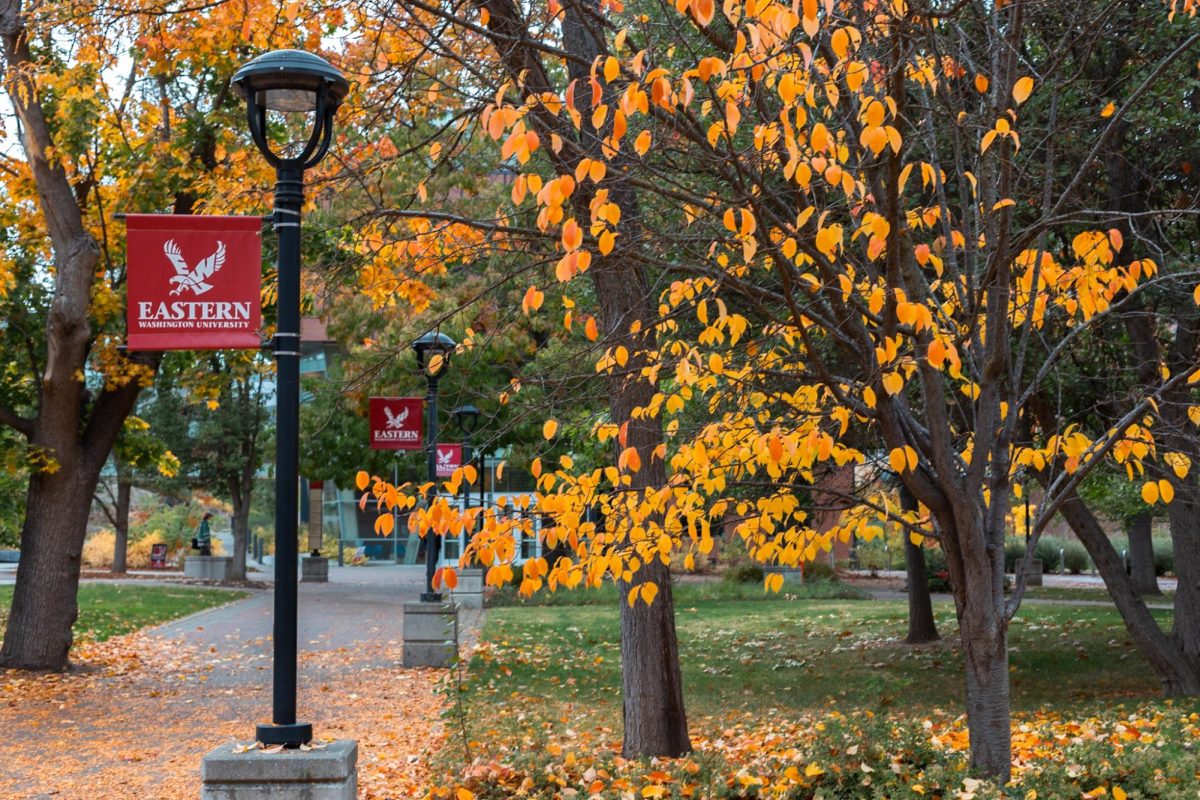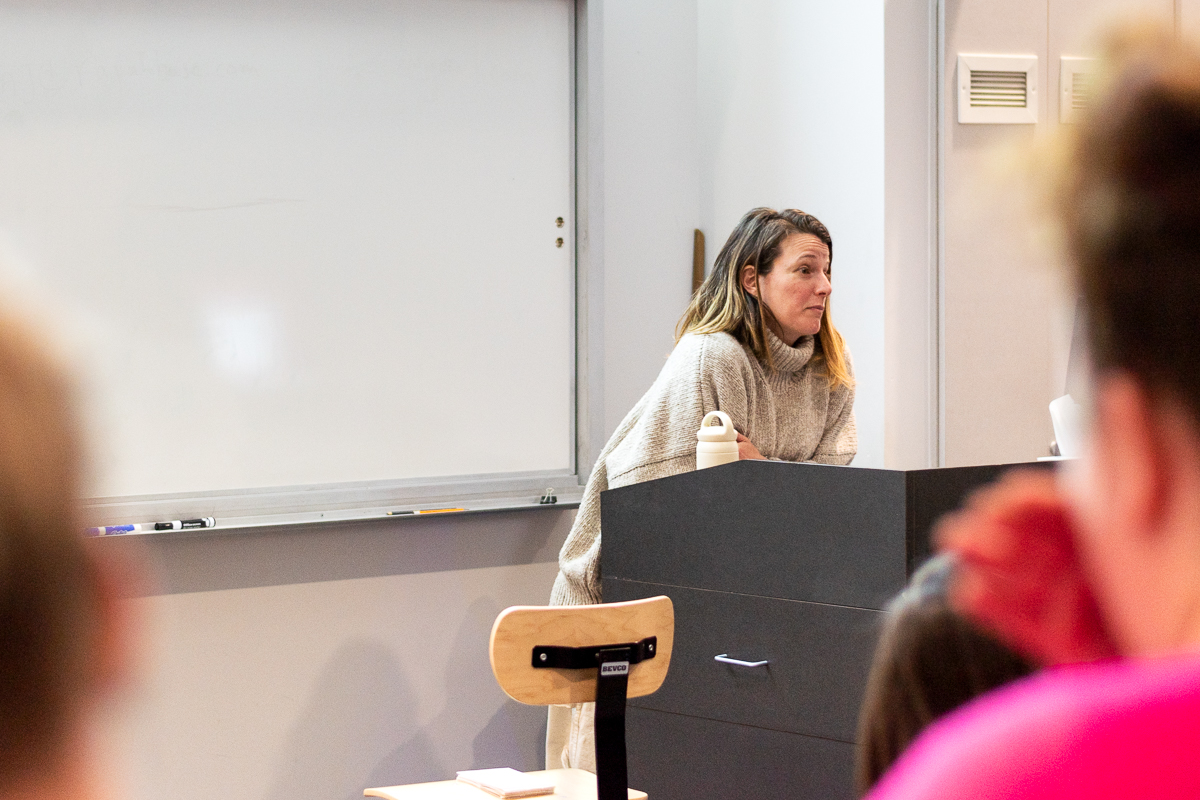Earlier this year, the Trump Administration undid protections for undocumented individuals in “sensitive locations,” including allowing ICE to make arrests in places of worship, healthcare facilities, and college campuses.
For Sammy, a freshman at Eastern Washington University, this policy change has meant anxious video calls with her mom and fear for the future of her family.
“My parents don’t mean anything to America,” she said. “They’re really nothing, because they’re immigrants.”
While Sammy was born in the country, her parents and members of her extended family are undocumented, hailing from Mexico. She requested to be referred to only by her nickname out of concerns for the safety of her family.
“(If) my dad gets taken away, that means no more school because my dad pays for everything,” she said. “No more going out and stuff like that. Like, I have to work. I have to put my education on pause.”
Sammy is only one of many students at EWU and across the country impacted by these orders. But she’s been frustrated with the university’s response regarding undocumented students and families.
“Eastern has this thing of being very diverse–very inclusive–yet I have heard nothing from them about this topic,” Sammy said during an interview on Feb. 13. “For a place that has a lot of programs that advocate for refugees and equality and diversity and that’s your main point, you should really speak about something that is going to affect your students.”
Shari McMahan, EWU’s president, sent out a campus-wide email acknowledging student uncertainty surrounding general federal policy changes on Feb. 27. In an email statement to The Easterner on March 10, McMahan wrote that the university is “dedicated to creating an inclusive and supportive environment for every student, no matter their background or immigration status.”
Students and staff, however, have expressed specific concerns on how to approach immigration related issues in the classroom, said Kim Davis, the head of EWU’s office for Diversity, Equity and Inclusion on Feb. 13.
Annika Scharosch, head of EWU’s civil rights office, said in an email that the university is “aware that undocumented students and students from blended families are part of our campus community,” but that this information is not tracked in order to provide privacy for the individuals.
While EWU Risk Management does not anticipate ICE showing up on campus for immigration enforcement activities, they want to be prepared in case that does happen, Scharosch wrote. Any Immigration and Customs Enforcement officials contacting the university will be referred to Scharosch.
Davis said that having Scharosch review orders as they are issued is instrumental in creating a campus-wide approach to how to handle ICE contacts or student concerns.
“One of our major concerns is that there’s a lot of information out there. There are a lot of sources that are not credible,” Davis said. “So I think having somebody who is, on an hour to hour basis, reviewing everything that’s coming through and interpreting it and making sure that we know what the actual document says and things like that is really important.”
EWU administrators have not yet decided whether they will send out a campus wide announcement should ICE arrive on campus.
Sammy believes the EWU community should know if ICE showed up.
“I feel like it’s the university’s responsibility and obligation to tell their students for safety reasons,” Sammy said. “These students are working for their futures … This fear of getting deported shouldn’t be something that you should be worried about.”
EWU is not the only university to be faced with questions on how to approach student documentation. On Feb. 3, a former Spokane Community College student was arrested by an Immigration and Customs Enforcement officer while walking to their car on the SCC campus.
“My heart hurts hearing about that, like that’s so unfair,” said Miriam Rivera, a student employee in the EWU Chicana/o/x Studies Office. “I wouldn’t expect that to happen on campus. Like, students are just trying to go to school, go to class.”
Student employees in the Chicana/o/x Studies department said that they generally feel safe as Hispanic people on campus, but they worry for their friends and family back home.
“I’m all the way over here, it’s not easy for me to go back home,” said Yuridia Vazquez, a nursing major. “There’s ICE in Wenatchee and my parents are over there, family is over there. It’s just the constant feeling of ‘what if something happens to them?’”
Vazquez said that this worry isn’t due to herself or her family actually being undocumented, but rather looking Hispanic.
“Now, I feel like there’s been a lot of talk about, people are just getting specifically targeted for the way that they look, which kind of makes it a fear now, because we look Hispanic, you know?” she said.
Though it is unclear whether more arrests on undocumented people have actually occurred following inauguration day, director of the Chicana/o/x Studies department Edwin Elias said that President Donald Trump’s stance on immigration has exacerbated existing fear in impacted communities.
“I think that here [in Eastern Washington], just because they’ve never had that much advocacy on their behalf, there’s just much more fear to really speak out — to come seek help from others,” Elias said.
While unable to guarantee anything, Davis maintained that she and other members of the EWU community are aware of student fears surrounding ICE and deportation and want to “give as much comfort to students as possible.”
“I hear you. I see you. I understand. And I can’t take those feelings, but what I can tell you is I know definitively that people on this campus are here for you,” she said. “ We care about you.”
Sammy encouraged citizens to advocate for undocumented immigrants.
“It is very scary. I can see why you can be scared. But I feel like that’s when the people that have the privilege of being a citizen, like me, that’s when we can go and help those people,” she said. “We should speak up for the people who can’t speak up for themselves.”





